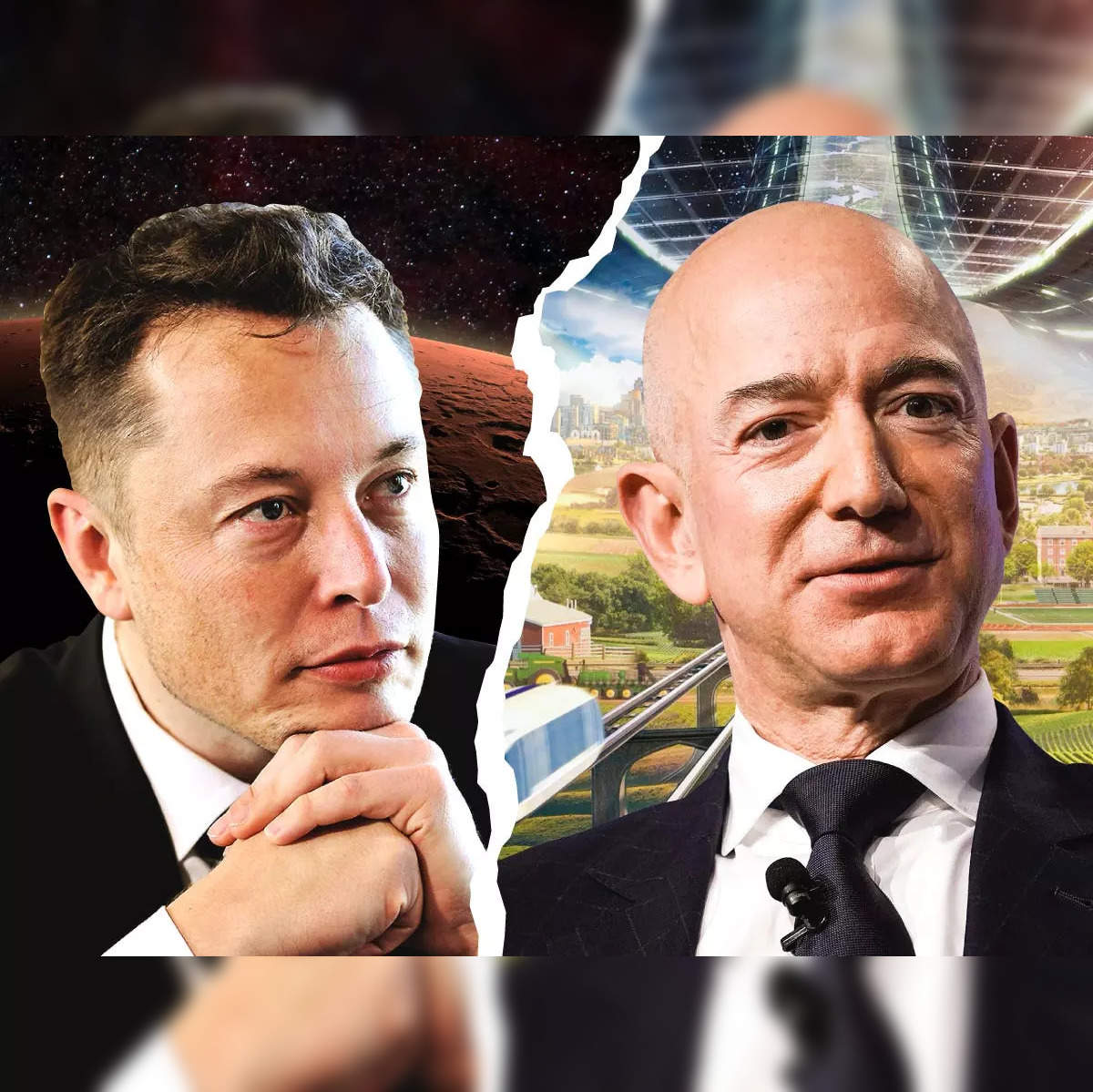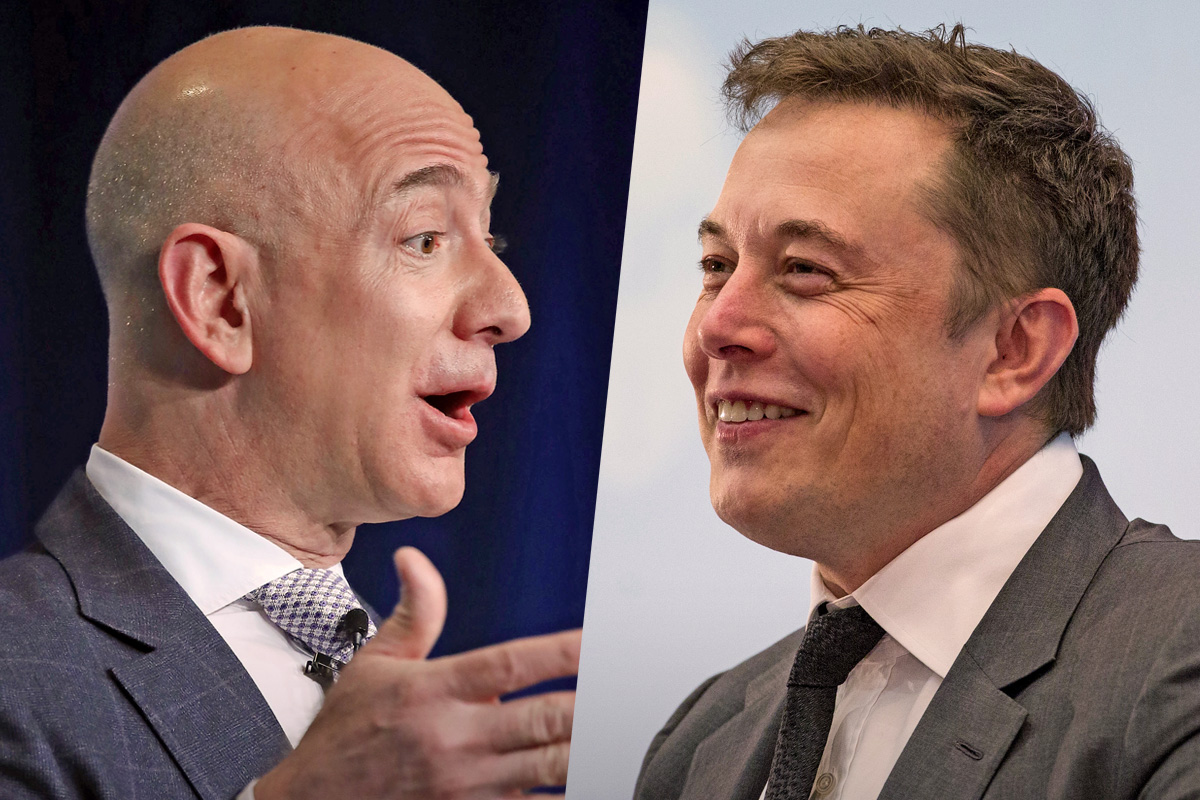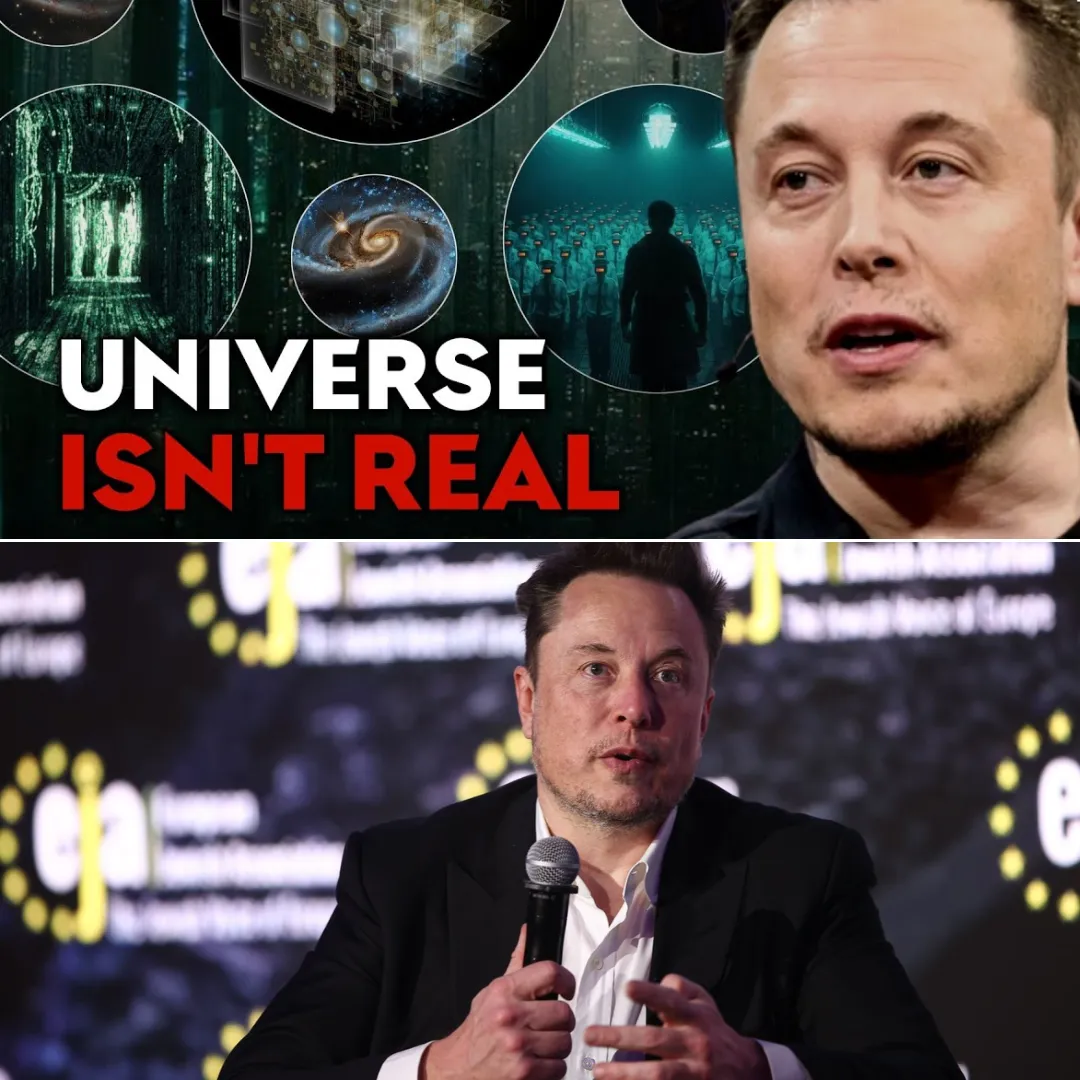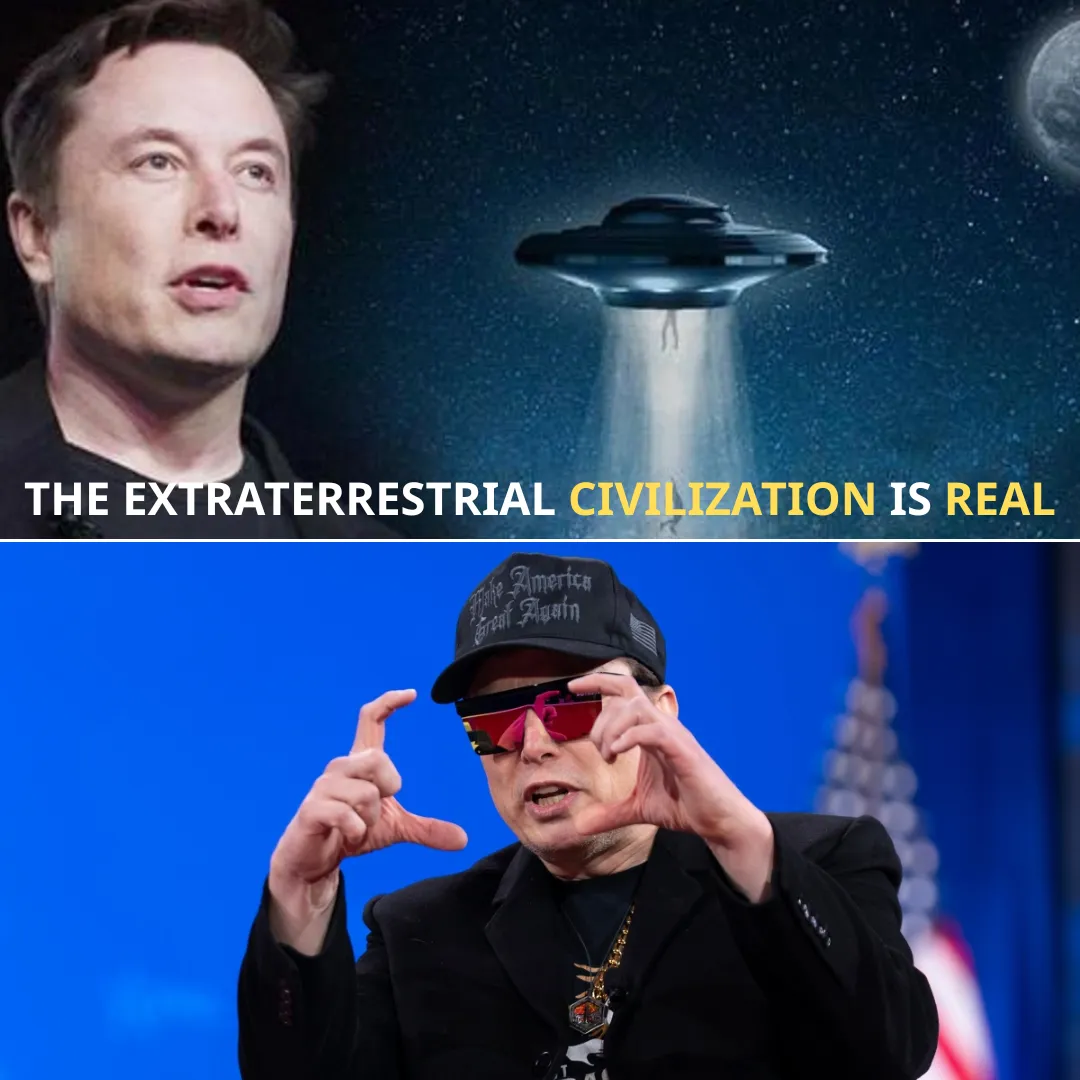
In a bold and highly ambitious move, Amazon is setting its sights on disrupting the global internet landscape with Project Kuiper, an initiative aimed at deploying a vast constellation of low Earth orbit (LEO) satellites to provide high-speed internet to underserved regions. The company has made a significant investment, committing billions to launch its first batch of satellites, with estimates indicating that it could take as much as $17 billion to get the first phase of the Kuiper project fully operational.
This massive investment will place Amazon in direct competition with SpaceX’s Starlink, which has already made significant strides in providing satellite-based internet services. The timing of Amazon’s entry into this market is critical, as SpaceX’s Starlink has already accumulated millions of customers worldwide and has expanded its reach to remote areas, making the competition for satellite internet a highly contentious and high-stakes race.
On April 28, 2025, Amazon made a major breakthrough by launching 27 Kuiper satellites aboard an Atlas V rocket, marking the start of its ambitious goal to build a satellite network that will rival existing providers, including SpaceX’s Starlink. The launch took place from the Cape Canaveral Space Force Station in Florida, and it represents the beginning of what could be a transformative venture for the company, providing the infrastructure needed to deliver internet access to millions of people in remote and rural areas worldwide.
The project’s overarching goal is to provide fast, reliable internet access to regions where traditional broadband infrastructure is either unavailable or too expensive to deploy. The competition between Amazon’s Kuiper and SpaceX’s Starlink is expected to be intense. Both companies aim to harness the power of satellite internet to provide global coverage, but there are key differences in their approaches.

While Starlink is already operational and has successfully launched thousands of satellites, Amazon is just getting started with its constellation. With more than 3,200 satellites planned for the first phase of the Kuiper network, Amazon will need to move quickly to catch up with SpaceX, which already has a significant head start in terms of satellite launches, customer base, and operational infrastructure.
One of the key challenges for both companies is the technical difficulty of maintaining a large network of satellites in low Earth orbit. Each satellite must work in coordination with others in the constellation to provide continuous, stable coverage. This requires sophisticated technology, real-time data processing, and precise orbit control, all of which demand substantial investment in research and development.
Moreover, the costs associated with launching and maintaining these satellites are staggering, with estimates suggesting that the deployment of Kuiper’s initial constellation could cost as much as $17 billion. These costs highlight the financial risks involved in the project, especially since the return on investment may take years to materialize.
For Amazon, the success of Project Kuiper could unlock new revenue streams and expand its reach in the telecommunications market. The company’s expertise in cloud computing, logistics, and e-commerce could give it a unique advantage in rolling out satellite internet services. If successful, Kuiper could be integrated into Amazon’s existing business lines, such as its AWS cloud platform, enabling the company to offer a wide range of services, from internet access to cloud storage and data processing.
This integration could give Amazon a significant competitive edge, especially as businesses and consumers increasingly rely on cloud-based services and fast, reliable internet access. One of the most significant advantages that Kuiper has over Starlink is the support it is receiving from Amazon’s vast resources. The company’s ability to raise funds, attract talent, and scale operations is unmatched in the tech industry.

While SpaceX has been a leader in space technology, Amazon has the financial backing and infrastructure to invest heavily in satellite internet and is already well-positioned to scale its operations quickly. This financial power gives Amazon an edge in terms of securing the necessary regulatory approvals, as well as the ability to compete with SpaceX’s pricing structure and customer acquisition efforts.
However, despite these advantages, the road ahead for Project Kuiper is fraught with challenges. One of the key obstacles Amazon faces is the long timeline required to build a satellite network capable of providing global coverage. SpaceX has already launched thousands of Starlink satellites and has begun providing services to millions of customers, while Kuiper is only in the early stages of deployment. This delay has given SpaceX a significant advantage, as it has already established a customer base and proven the viability of satellite internet as a mainstream service.
Additionally, Amazon faces significant regulatory hurdles as it seeks to deploy its satellites. While SpaceX has secured regulatory approvals in several countries, including the United States, the process for obtaining permission to launch satellites and provide internet services is complex and time-consuming.
Governments and international regulatory bodies are concerned about issues such as satellite congestion, orbital debris, and interference with existing communication systems. These regulatory challenges could slow the deployment of Kuiper and hinder Amazon’s ability to compete effectively with SpaceX.

Despite these challenges, the potential rewards for Amazon are immense. The global satellite internet market is projected to be worth tens of billions of dollars in the coming decades, with growing demand for high-speed internet in remote areas and developing countries.
As businesses and governments around the world increasingly rely on satellite communication systems, Amazon has the opportunity to become a dominant player in the space industry. The success of Project Kuiper could also open up new markets for Amazon’s other services, such as e-commerce, cloud computing, and artificial intelligence.
For investors, the financial implications of Project Kuiper are significant. The company has already committed billions of dollars to the project, and the eventual returns from satellite internet services could be massive. However, investors must also consider the risks involved in such a high-stakes venture.
The costs of launching and maintaining satellites, as well as the regulatory hurdles and technical challenges, could delay the project’s profitability for years. Nevertheless, the long-term potential of satellite internet services is undeniable, and if Amazon succeeds in its efforts, Project Kuiper could become one of the most profitable ventures in the company’s history.

In conclusion, Amazon’s Project Kuiper represents a bold and ambitious move to compete with SpaceX’s Starlink and revolutionize the global internet market. While the project is still in its early stages, the financial and technological potential of satellite internet is vast. If successful, Project Kuiper could provide fast, reliable internet to millions of people worldwide, create new revenue streams for Amazon, and further cement the company’s position as a global leader in technology and innovation.
However, the road to success is far from guaranteed, and Amazon will need to overcome significant challenges in terms of deployment, competition, and regulation. Nonetheless, the potential rewards of Project Kuiper make it a critical initiative for Amazon’s future growth and success in the rapidly evolving tech landscape.


-1747621930-q80.webp)
-1748320234-q80.webp)